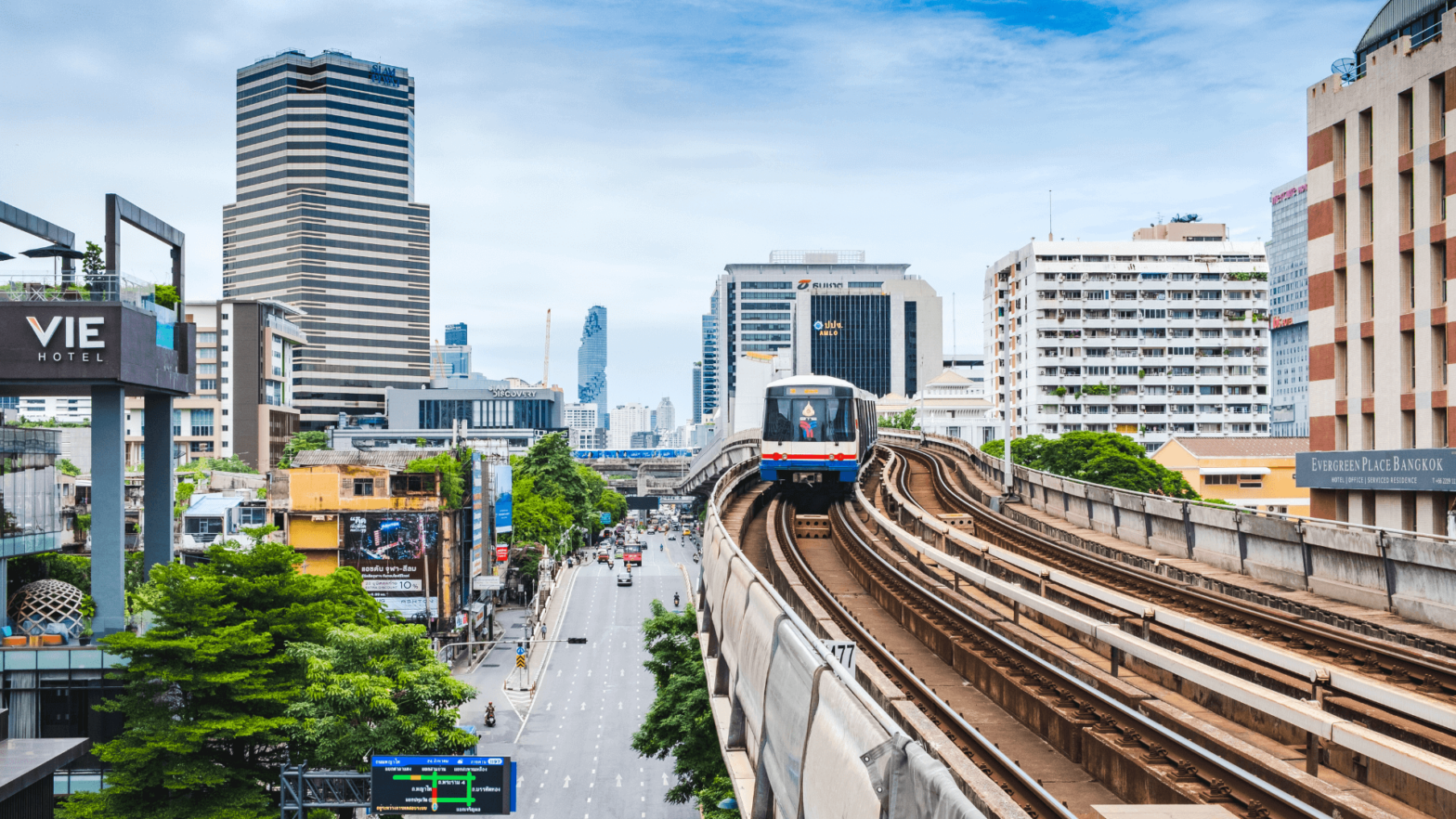Infrastructure investment for sustainable, low carbon transport services in the EU

The paper “Infrastructure investment for sustainable, low carbon transport services in the EU” will be presented at the FSR Sustainability Conference on “Greening Infrastructures” (22 June 2022).
Abstract
Transport provides access to the social, cultural and economic opportunities that are essential to improving quality of life, but many in the EU suffer from transport disadvantage and current transport patterns have very high external costs, a significant percentage of which are not paid by the transport users, but by society at large, so in effect providing a significant public subsidy for a fundamentally environmentally and socially unsustainable system. Over the last decades the EU has successfully achieved (and even exceeded) its international greenhouse gas emission reduction commitments reducing emissions 24% from 1990 levels by 2019. However, the transport sector is the only sector of the EU economy whose emissions have grown since 1990 – up 24% over the same period. To achieve 2030 (-40%) and 2050 (net zero) reduction targets the EU needs a step change in effort to address greenhouse gas emissions.
Transport infrastructure is fundamental in defining the supply and demand for the transport services that EU citizens and industry need to live sustainably. Due to the cost and longevity of transport infrastructure, decisions now will shape the European transport system well beyond 2050.
As a traditional international climate policy leader it is of the utmost importance that the EU demonstrates to the rest of the world that reducing transport emissions is possible and compatible with sustainable, low carbon development.
This paper will reflect on the principles that should guide the design, regulation, financing, pricing and taxation of transport infrastructure in support of a zero-emission future.
Research Design and Expected Results
Unlike current EU transport policy, the paper will take a comprehensive, system wide (i.e. not fragmented, modal) approach to the development and use of existing and future transport infrastructure for passenger and freight transport services.
Starting from an understanding of past and present EU transport infrastructure development policy, the ongoing discussions on the review of the EIB Transport Lending Policy and taking account of the EU´s areas of competence and the legal and fiscal instruments at its disposal, the paper will:
- reflect on the impact of transport and other infrastructure on spatial development and passenger and freight transport demand.
- use the established avoid, shift and improve framework for improving access to reflect on transport infrastructure priorities,
- consider how well current EU transport infrastructure policy meets the future needs of EU citizens and industry,
- consider the different evolving needs for passengers and freight transport services,
- take account of how to make better use of existing infrastructure as well as new infrastructure,
- consider how financing, pricing, regulation and taxation together can guide transport service provision and improve use of transport infrastructure.
Expected result: based on these considerations the paper will identify principles to guide policy to green EU transport infrastructure policy.
This paper will contribute to EDF Europe’s developing work on the drivers of and opportunities for, changing the direction of EU transport policy.
Don’t miss any update on this topic
Sign up for free and access the latest publications and insights









